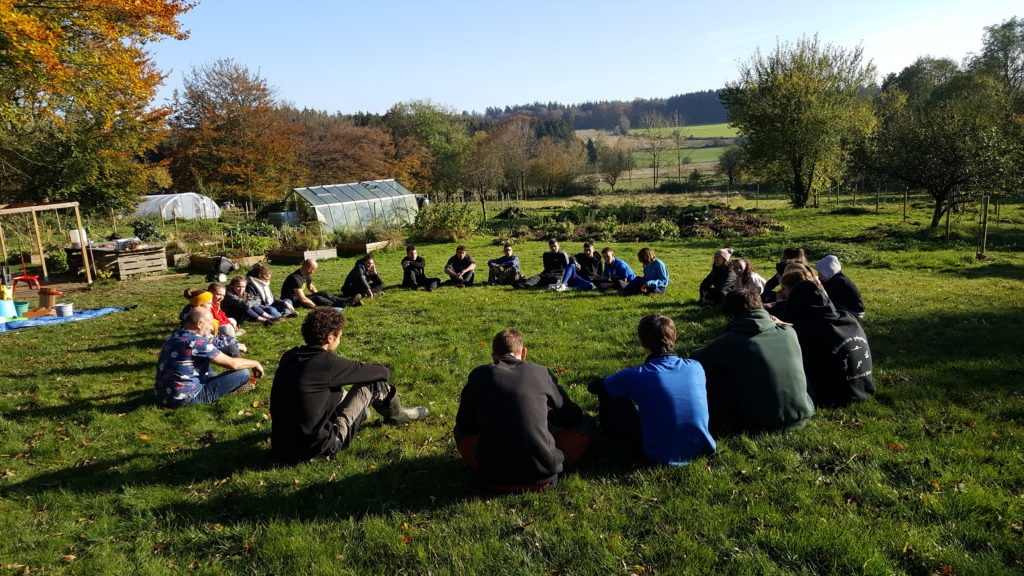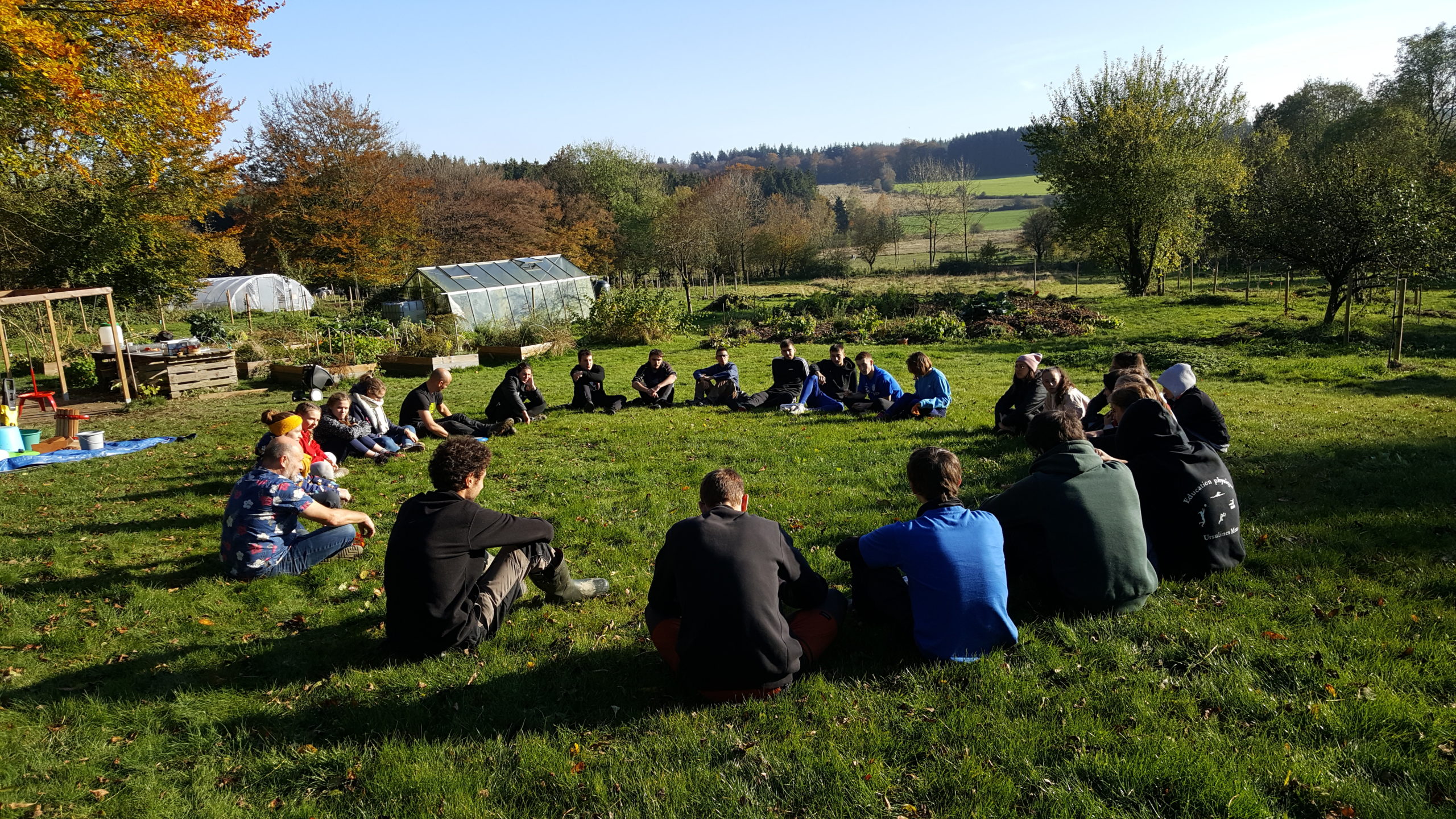
Agroecology on the periphery: A case from the Maya-Achí territory, Guatemala
- Version
- Télécharger 0
- Taille du fichier 0.06 KB
- Nombre de fichiers 1
- Date de création 25 juillet 2022
- Dernière mise à jour 25 juillet 2022
Agroecology on the periphery: A case from the Maya-Achí territory, Guatemala
Nathan Einbinder, Helda Morales, Mateo Mier Y Terán-Giménez Cacho,
Miriam Aldasoro, Bruce G. Ferguson & Ronald Nigh
In this paper we examine processes of scaling agroecological practices
in the Maya-Achí territory of Guatemala. We compare the Achí
case to other examples documented in the literature and the key
factors, or “drivers,” reported as important if not essential for scaling
to occur. We find that the Achí scase is complex with regard to
these drivers. Factors such as constructivist learning/teaching
methods, favorable public policies, and strong social fabric appear
to be weak, absent, or even negative. This is due in part to the
violence and repression of the 1980s, which resulted in the assassination
of 20 percent of the population by the military and paramilitaries,
leaving the territory socially fragmented. Projects
incorporating agroecology (revalorization of ancestral practices,
seed saving, elimination of external inputs, strengthening soil
health, increasing/guarding agrobiodiversity) are viewed as
a potential strategy to aid in community recovery, and are promoted
by local associations as well as by international institutions
and NGOs. While social and cultural recuperation were initially
hypothesized as primary causes for the adoption of practices, we
encounter a range of additional and complex factors, such as the
expectation of economic benefits and the presence of aid and
development organizations. By analyzing these drivers and barriers
we contribute to the ongoing debate over how agroecological
practices may be scaled-out, particularly in regions exhibiting less
than ideal conditions.



